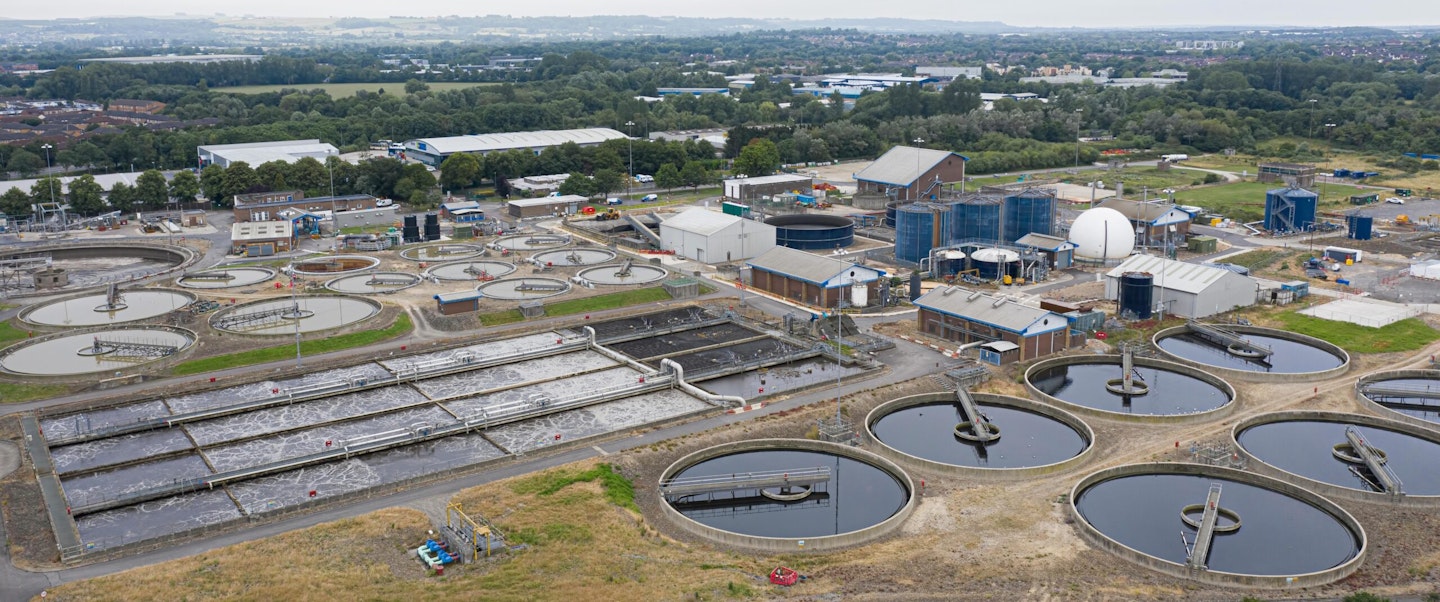A total of 81 criminal investigations have been launched into polluting water companies as a crackdown against the biggest offenders finally gathers momentum.
The figures represent a rise of 145% since July last year and, according to the government, the increase is a result of their ‘Plan for Change’, spearheaded by Environment Secretary Steve Reed. Since the plan was launched last year the number of inspections into sewage pollution incidents has surged by nearly 400%
The new figures bring hope to the angling community, as well as other clean-water campaigners, that headway is finally being made and that the polluters will ultimately be fully held to account.
The consequences for any utility found guilty are severe, with bosses facing up to five years in jail, and companies facing fines of hundreds of millions of pounds.

Just the beginning
In an impassioned statement, Steve Reed emphasised that a far firmer stance will be taken with polluters going forward.
“Water companies have too often gone unpunished as they pump record levels of sewage into our waterways. No more,” he said.
“A record number of criminal investigations have been launched into law- breaking water companies, which could see those at the helm put behind bars. Water companies that break the law will finally be punished for their disgraceful behaviour so we can clean up our rivers, lakes and seas for good.”
The Environment Agency (EA) is at the helm of the new drive and are currently carrying out their largest-ever inquiry into potential widespread non-compliance at over 2,000 sewage works.
Under new powers, delivered by the 2025 Water Act, water executives who cover up illegal sewage spills can be jailed for up to two years.
“The figures are testament to our determination to hold companies to account and achieve a cleaner water environment,” said EA Chief Executive, Philip Duffy.
“Our message to the industry is clear: we expect full compliance throughout the water system, and we will not hesitate to take robust enforcement action where we identify serious breaches.”
With an additional 380 regulatory staff recently having been hired by the EA to carry out inspections and other enforcement activities, Duffy said that the EA would not be resting on its laurels after a positive start.
“This is just the beginning,” he confirmed.
“We are on track to deliver 10,000 inspections next year, using our tougher powers gained through the Water Act, alongside more officers and upgraded digital tools to drive better performance across the water sector.”

Meaningful Results needed
Jamie Cook, CEO of the Angling Trust, welcomed the new figures relseased by government, but maintained that ‘meaningful results’ are ultimately what’s needed.
“It’s good to see the government and regulators finally catching up with what the Angling Trust and Fish Legal have been saying for years — that water companies are routinely breaking the law and deliberately trashing our environment,” he said.
“That’s why we have called for a new, powerful single water regulator, rather than the current ineffective shambles which has allowed these privatised companies to treat the environment with total disdain."
“While we welcome this long-overdue focus on inspecting Britain’s failing water industry, it is meaningful results that our ailing rivers desperately need."
“Court cases must progress with haste and the money raised from fines should go back into supporting the environment through the River Restoration Fund.”
Others, such as staunch environmental campaigner, and angler, Feargal Sharkey – who has been a relentless and driving force in the battle for clean waterways over the past few years – were far harsher in their response to government’s claim that it was responsible for the big increase in water inspections.
He pointed out that the new figures are actually the result of an investigation launched by the Environment Agency and Ofwat back in 2021, which they described as a ‘major investigation into sewage treatment works’.
“That investigation was launched directly as a result of public pressure brought about by the brilliant efforts of community groups, private individuals, and public outrage,” Feargal said.
“It’s a bit much trying to take credit for other peoples’ work four years after the fact.”

